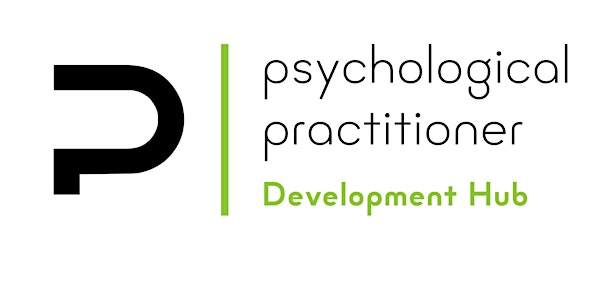People seeking safety in the UK tend to experience a range of mental health difficulties and are often deeply traumatised. As mental health practitioners it is our duty to help them to make sense of their experience, using a range of therapeutic models and tools, and drawing on their resilience and strength to recover and start rebuilding their lives. Asylum seekers and refugees have lost their homes, their jobs, their communities and are sometimes living away from loved ones. Many have witnessed unthinkable violence, been tortured, had loved ones killed and made perilous journeys to the UK.
- Defining the concepts
- Putting asylum seeker and refugee mental health in context
- Exploring the mental health difficulties that affect this cohort of people
- Cultural sensitivities
- Working with interpreters
- Mental Health and Psychosocial Support for refugees and asylum seekers
This session is designed for anybody who is interested. You may not work in services designed specifically to support asylum seekers and refugees, but we may encounter this cohort of people in our primary, secondary and tertiary care mental health services.
This session is aimed at all adult and child psychological practitioners
Delivered by Dr Mark Maxwell: Clinical Psychologist, CBT & EMDR Therapist (LinkedIn)
Mark is a Clinical Psychologist, CBT Therapist, and former Psychological Wellbeing Practitioner. Mark works in a Gender Identity Service and for a Digital Health company where he provides cognitive-behavioural interventions for people with a range of common mental health difficulties. Mark also provides ad-hoc teaching for Teesside University across a package of trauma-informed care courses. Mark has a particular interest in the assessment and treatment of trauma; he has developed and led a psychological trauma pathway within a post-covid service, and he has experience working with trauma in both national and international humanitarian contexts. Mark spent one year working for the charity Freedom from Torture where he supported asylum seekers and refugees seeking protection in the UK. He also worked with the Boat Refugee Foundation in Mavrovouni Camp in Lesvos, Greece supporting in the refugee crisis on the island.
Hosted by Psychological Practitioner Development Hub
https://www.ppdh.co.uk
